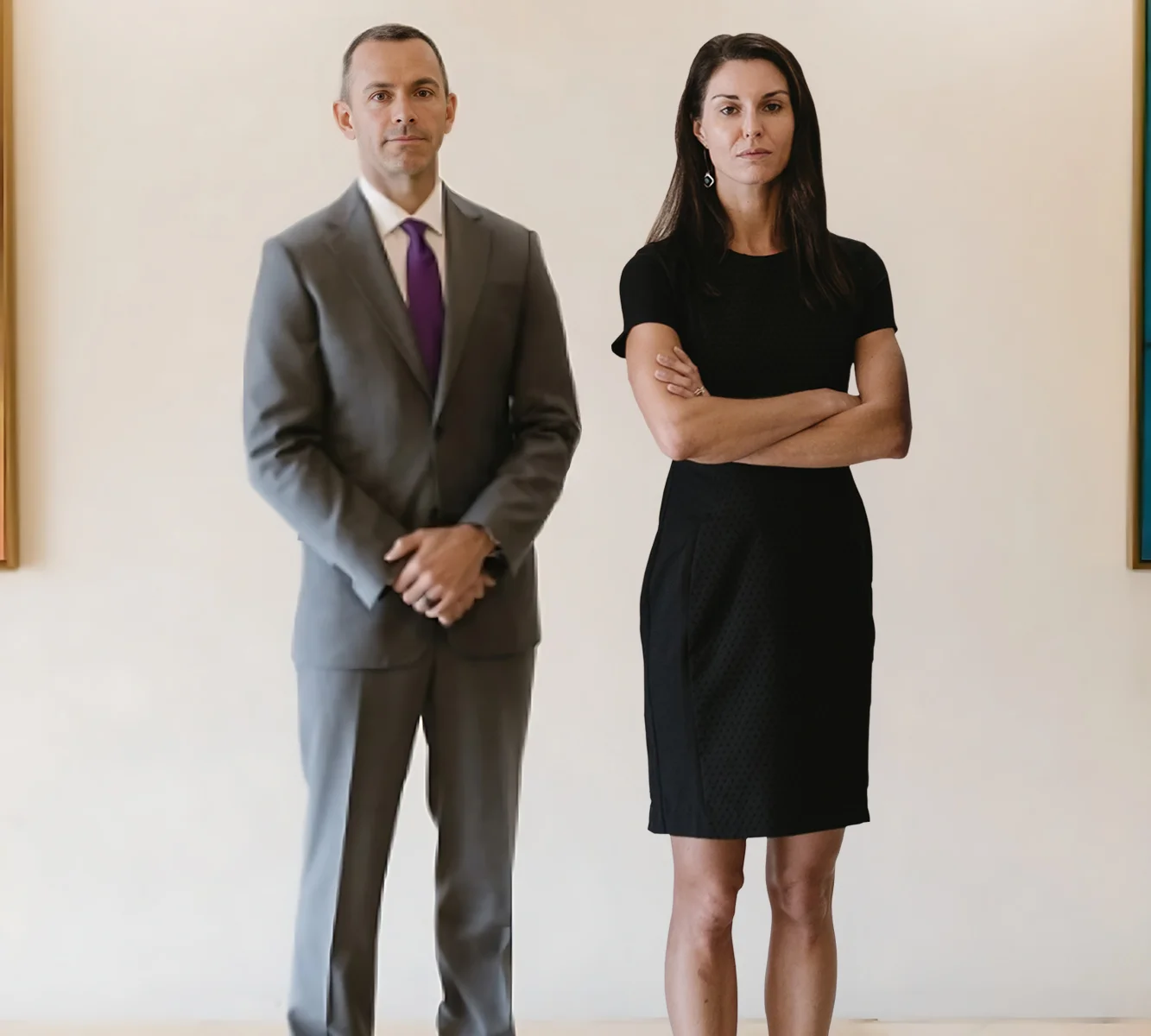“Can I Still Win a Florida Injury Lawsuit if I Signed a Waiver?”
Florida is a vacation destination, and many find opportunities here to engage in activities for which businesses require you to sign a waiver, releasing them from liability if you get hurt. Such excursions include things like parasailing, boating, go-kart racing, trampoline park jumping, golf cart driving, and Jet Ski riding. But while waivers and…




